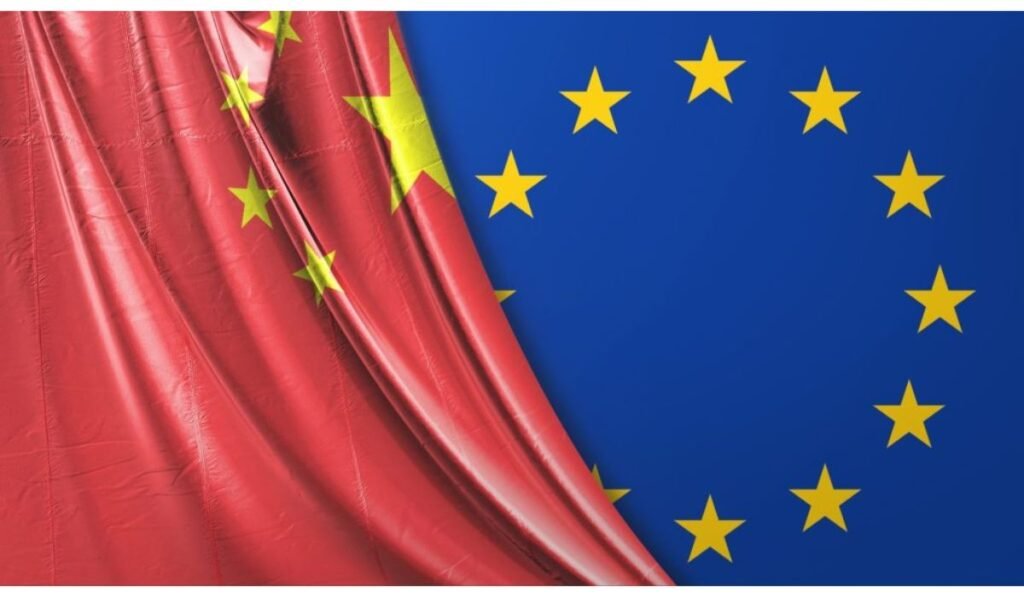Germany wants “serious movement” from China on the issue of tariffs on imported electric vehicles and hopes that talks in the coming weeks can stave off an escalating trade conflict, a government spokesperson said on Friday.
Chancellor Olaf Scholz’s government is pushing for what it calls an “amicable” solution after the European Union threatened to impose swingeing anti-subsidy tariffs to shield European automakers from competition.
Germany, as Europe’s largest economy, wields significant influence, with its leading car manufacturers strongly opposing EU tariffs. They fear retaliatory measures that could impact their business in China’s vast market.
“It would be very desirable to come to an amicable solution, but it is also clear that serious movement is needed on the Chinese side,” the spokesperson said during a regular news conference.
At the same briefing, Germany’s economy ministry spokesperson emphasized the EU’s need for WTO-compliant solutions.
Economy Minister Robert Habeck is scheduled to travel to China next week for meetings with Chinese officials. His ministry clarified that while Habeck won’t directly negotiate tariffs, he will advocate for fair trade conditions.
Germany aims to prevent or soften impending car tariffs, according to Bloomberg News, though German officials have not confirmed this.
European auto industry cautioned against tariffs, particularly impacting German carmakers heavily reliant on Chinese sales. Nearly a third of their 2023 sales were from China, trade data reveals.
Efforts to resolve the EV tariff row have been met with challenges, as both Germany and China navigate their respective economic interests. This issue underscores broader concerns about trade relations between major economies.
Additionally, it highlights implications for technological innovation and market development in the EV sector.
read more
image source








